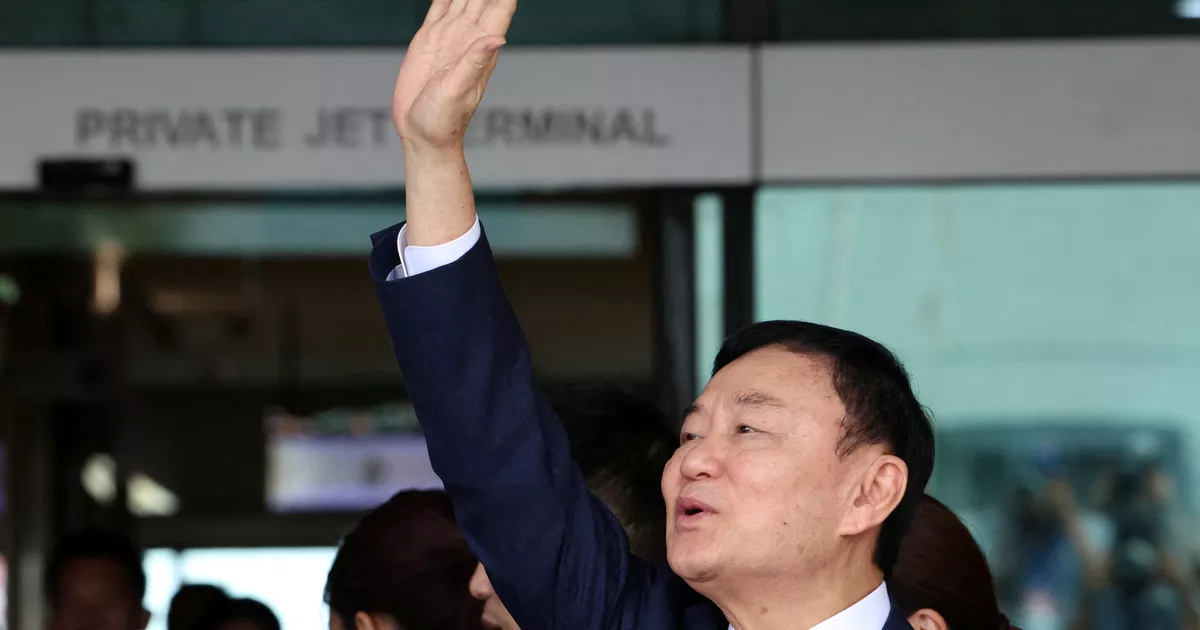Thaksin Shinawatra, a central figure in Thai politics, has denied the accusation and has requested fair treatment in writing, said Prayuth Pecharakun, spokesman for the attorney general’s office. The investigation concerns alleged defamatory remarks about the king and his family, made in 2015 from the South Korean capital, Seoul, he added. It is up to the prosecutor to decide whether to hold a trial or not, based on the police findings, the spokesperson reminded. In power from 2001 to 2006, until the army coup that ousted him, Thaksin Shinawatra returned to Thailand last August after a self-imposed exile of fifteen years to escape convictions for corruption and abuse of power.
The 74-year-old billionaire, in fragile health requiring constant medical supervision according to his family, was granted a partial amnesty by the king, reducing his sentence from eight to one year. He is eligible for parole in the coming weeks. From abroad, the popular Thaksin Shinawatra has continued to exert influence on Thai politics through his family and his party, now called Pheu Thai, which regained power last August. “The matter is in the hands of the Ministry of Justice… We have to wait for the decision of the attorney general,” reacted the Prime Minister, Srettha Thavisin, who is close to the Shinawatra clan.
Thailand’s lese-majesty law, considered one of the most severe in the world, exposes the accused to imprisonment sentences ranging from three to fifteen years. It can be enforced for actions committed outside the kingdom. In recent years, human rights groups have denounced that this law has been used to suppress any dissenting voices for political purposes.
